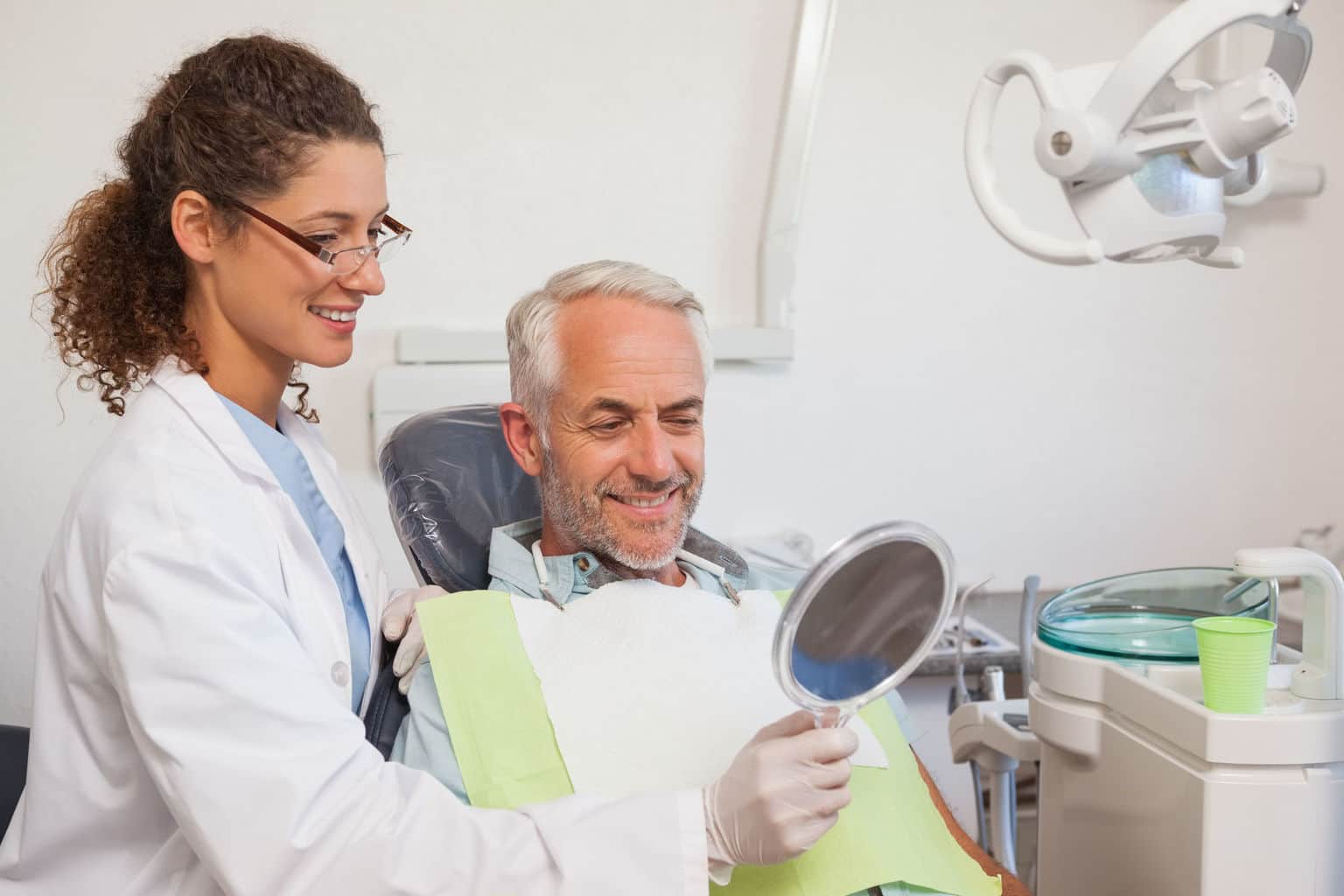
[cmamad id=”4076″ align=”center” tabid=”display-desktop” mobid=”display-desktop” stg=””]
I have a confession to make.
I don’t brush my teeth twice a day — or even once a day sometimes.
I brush a few times a week.
And I do floss every day.
And I do see the dentist for routine teeth cleanings.
I had a checkup at the dentist office a few months ago.
Both the hygienist and the dentist remarked that they had never seen teeth as good as mine in a man in his 50s.
Something must be working, right?
I’m always interested in dentistry.
And I’m interested in whether dentistry actually helps or hurts our overall health.
I’ve made an observation, and so have hygienists and dentists.
We’ve observed that people who have health issues have bad teeth.
And people who have good health have good teeth.
Of course, there are people with good teeth and poor health.
But generally poor health and poor teeth go together.
[cmamad id=”4077″ align=”center” tabid=”display-desktop” mobid=”display-desktop” stg=””]
On the other hand, the job of the dentist is to create work for the dental office — profitable work.
I love my dentist, but I’m always trying to figure out ways of not having him have to do any work.
It’s been working for me because I haven’t needed dental work for many years.
But it turns out that routine dental cleanings are ineffective when it comes to dental health.
And now there is a study that shows whether or not dental cleanings actually help prevent health issues.

This study worked with young adults.
They didn’t include any older people.
But I think the results can be generalized to everybody.
Researchers looked at 400 people in their 20s.
They divided the participants into groups.
Each group received different combinations of preventative dental care.
And they didn’t know which group they were in, so it’s a quality study.
Then they tracked the subjects over several years and compared each group.
Some of the patients were given tooth cleanings, but many had no cleanings at all.
The participants were recalled every few months over the period of several years of the study.
And each time they were recalled, an examiner evaluated their teeth.
They checked the degree of plaque buildup, and of gum disease.
And they compared the different groups to see what influence dental cleanings were.
Out of the 400, only one tooth was extracted during the several years of the study.
The study was really well designed.
They included people with various habits and issues that would influence their dental health.
34% of the 400 people were smokers.
One group had no special instructions and no cleanings.
These were evaluated as the “control” group.
All of the rest were given fluoride toothpaste to use.
Now, I am not a fan of fluoride toothpaste, and I never use it.
I believe that fluoride toothpaste may not be the worst idea.
And it’s far better than drinking water with fluoride in it.
But I personally doubt the benefit of fluoride toothpaste.
We’ll have to wait on that for another newsletter.
Meanwhile, let’s talk about whether professional dental cleanings work.
You would think that the people who had cleanings did better, right?
You would be wrong.
The importance of the professional cleaning sessions can be questioned.
Professional plaque removal had no clinical significance besides toothbrushing and inter-dental cleaning.
There was one primary difference between the control group and all the other groups.
The control group did not receive routine dental instruction on cleaning their teeth, and preventing cavities at home.
All the other groups had instruction on cleaning and caring for their teeth.
They received either intensive or at least regular instruction when they visited the dental office during the study.
It seems that the focus on dental care was what created consciousness amongst the dental subjects.
This prompted them to continue good home care.
It was good home care that lowered their plaque deposits and reduced the number of gum problems.
The cleanings had nothing to do with it.
Professional tooth cleaning provided no clinical benefit.
Now remember, this study was done with healthy young people in their 20s.
If you’re a not healthy person or in your 50s or 60s, it may be a different story.
But there’s a big lesson here about the best way to keep your teeth happy.
Overall health and a focus on dental care at home may well be the most important piece of the puzzle.
This focus is the key to keeping your teeth in good condition for the rest of your life.
I have personally found that supplements and good gut health are the key factors to having good teeth.

a randomized, blinded, parallel group, controlled evaluation of oral hygiene behaviour on plaque and gingivitis
http://onlinelibrary.wiley.com/doi/10.1111/j.1600-051X.2007.001069.x/full

Leave a Reply